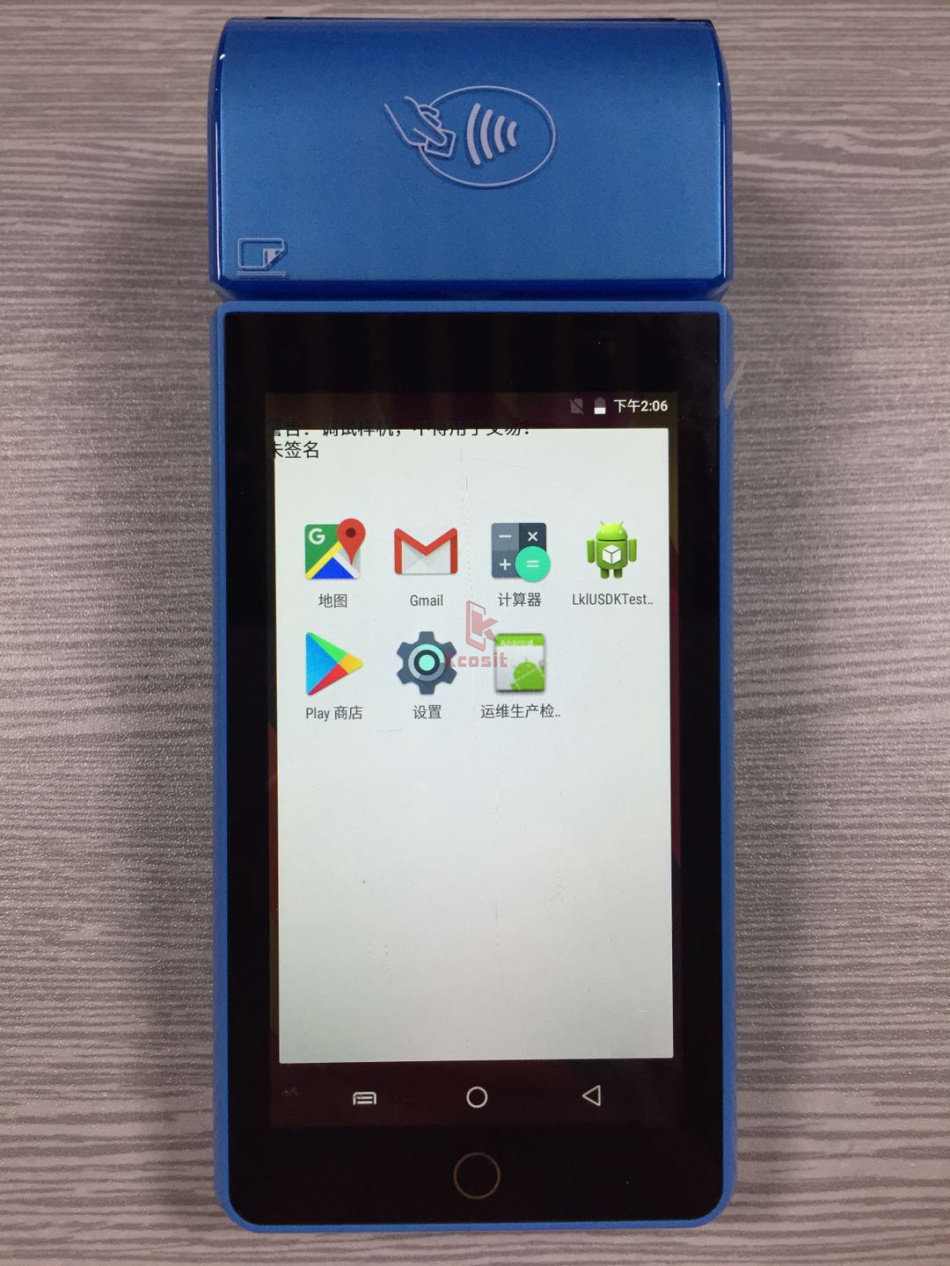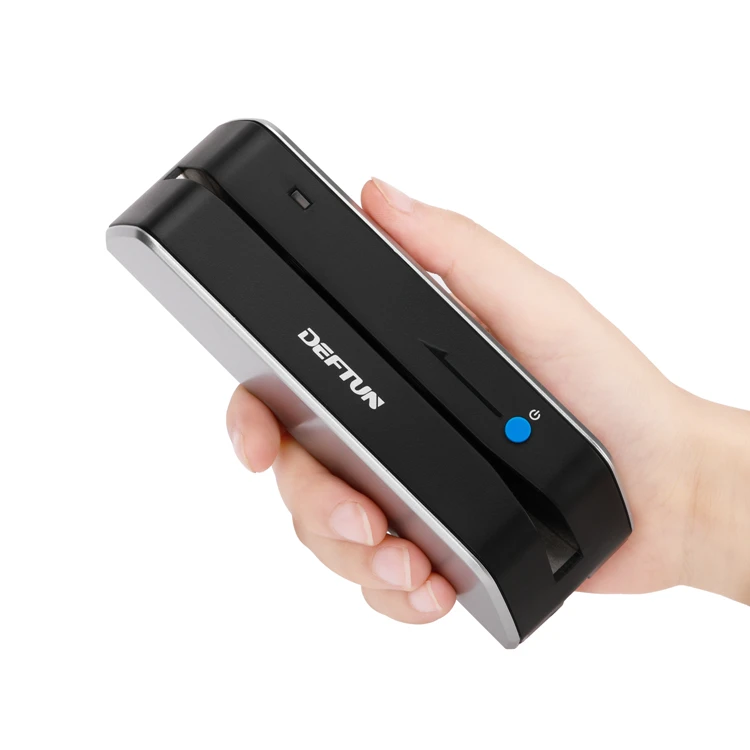

For starters, it's easy to recognize a smart card. But they do have incredible functionality nonetheless. To be clear, these chips can't help you with your homework or file your taxes for you. Every major credit card company in the world, as well as most cell phone manufacturers, use smart card technology for storing your personal information, documents, or media, meaning a piece of this important advancement may be in your pocket right now. That technology is real, and it is called the smart card: a widely popular method for in-person and remote access to high-security facilities and encrypted data. And maybe, just maybe, there's additional technology available from those researchers that can aid other industries in their quest for personal and data security. government has access to some of the top scientists and economically influential figures in the world if TCP/IP is good enough for them, it stands to reason that it's good enough for the public.

The protocol used to uphold the worldwide web is sometimes referred to as the DoD model. One thing many people don't realize is that even the system adopted as the standard for digital transmission across the internet itself was designed by the Department of Defense. To keep everyone honest, a good place to start is with a system actually made popular by the U.S. What does this mean for people with jobs in government, finance, medical research, security, and other sensitive industries? There are millions of Americans working in these sectors, and the last thing any of them need is an imposter stealing their identity and engaging in fraud.
#Is the iogear smart card reader for credit card payments professional
We're far past the times when one number could be used to secure the professional and financial standing of each individual, and if current events are any indication, encryption and authentification will only become more pressing concerns as technology and its pervasiveness advance. Businesses and consumers are adopting paperless systems for the ease of record-keeping and identity confirmation. Data like proprietary business plans, financial accounts, intelligence files, and troves of personal documents live on the overarching and sometimes mysterious cloud. The 21st century is a decidedly digital world. To do those, you'll need a credit card reader or proximity card reader And if you definitely don't need to take it anywhere, the Dell SK-3205 keyboard features a permanently integrated reader.Īlso note that these products are not designed to take payment cards or communicate with NFC devices. If portability isn't your primary concern, check out the HID Omnikey, which is highly reliable but slightly bulkier than others. The Daoker has the added benefit of built-in SD card readers, as does the Rocketek SCR10, which also happens to be among the most compact. There's also the Daoker SCR653C, which, like the IOgear, has a USB-C connector for use with modern smartphones and notebook computers. The Identiv SCR3500 Smartfold and Identiv SCR-3310 are also excellent options made by one of the leaders in secure access components. Right off the bat, the IOgear GSR205 is one of the best choices because, unlike many, it's compliant with TAA regulations that require many government offices to use devices produced mainly in the USA. There's not a ton differentiating these from each other, but you'll still need to make sure you get the right one. For contactless smart cards that have more highly-powered RF circuits inside them, you'll need a specialized proximity card reader. Some of these models also support EMV payment processing, however, if you need to accept payments on a regular basis, we high recommend getting a dedicated credit card reader. That last part is important to many governmental offices and contractors, and as such, those institutions should look to the IOgear GSR205 for an American-made security solution. Given their simplicity, these devices come down mostly to dependability, which all of our recommendations offer, and USA-sourced materials. For that reason, the only recent change to this Wiki was the removal of the Gemalto IDBridge, which is now difficult to find and offers no tangible benefits compared to other options. On its fundamental level, CAC smart card technology has not changed in years, and it almost certainly won't change significantly anytime soon.


 0 kommentar(er)
0 kommentar(er)
